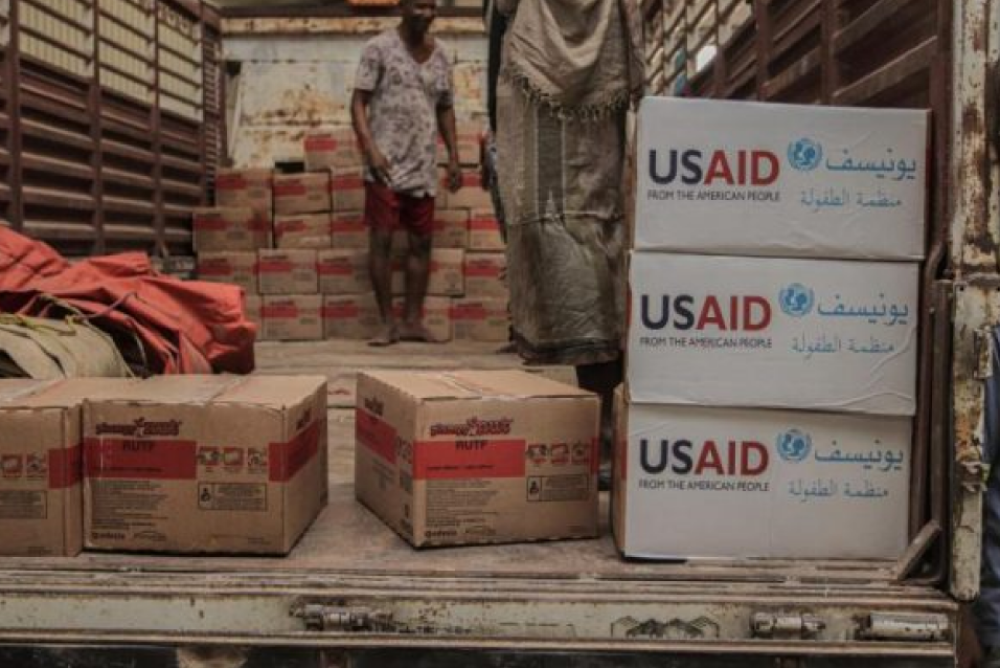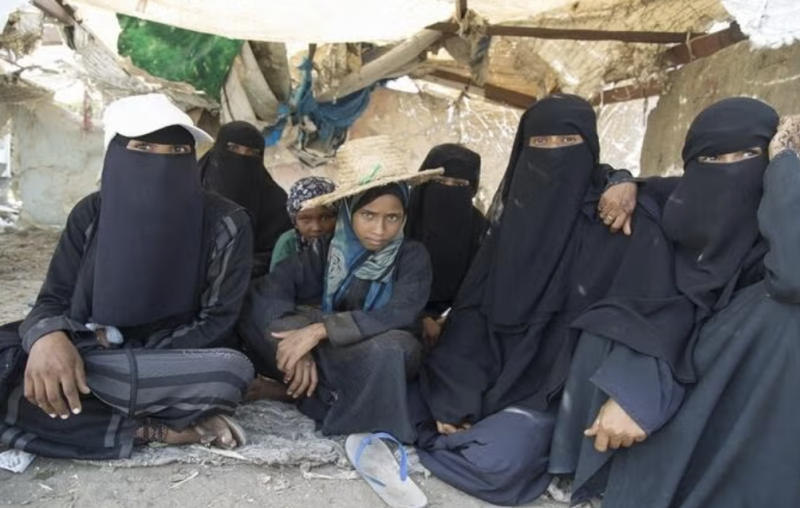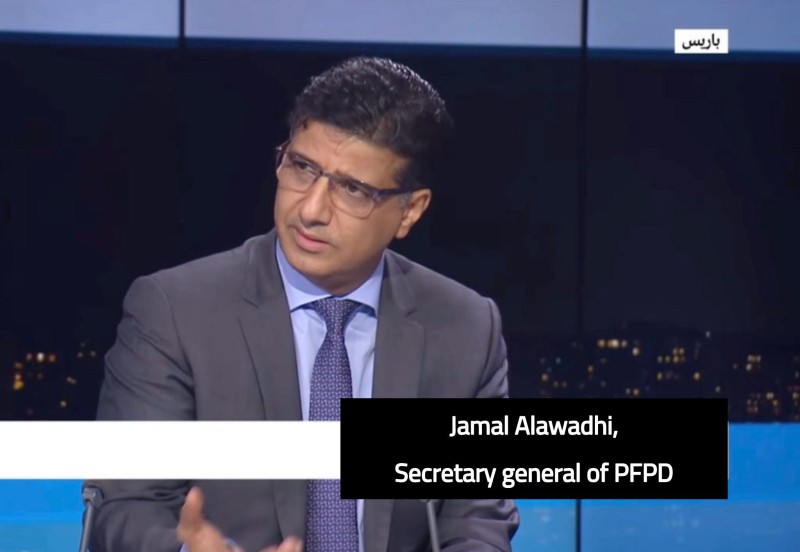Washington Signs Five-Year Assistance Agreement with Yemen


The US on Sunday announced the signing of a five-year agreement to assist Yemen with its immediate needs and with advancing the internationally-recognized government’s vision for the long-term stability and prosperity of the country.
“The US and Yemen have a productive partnership that endures even in the face of the unprecedented challenges we face today,” said Kimberlee Bell, United States Agency for International Development (USAID) Country Director for Yemen.
The agreement, signed on behalf of Yemen by Minister of Planning and International Cooperation Waed Abdullah Batheeb, reflects the unwavering commitment of the United States to Yemen’s prosperity, stability, and people, a USAID statement said.
Since 2015, the Agency has provided more than $5.8 billion in humanitarian and development assistance in support of the Yemeni people.
“The American people remain committed to assisting Yemen with both its immediate needs and with advancing the Government of Yemen’s vision for the country’s long-term stability and prosperity,” Bell said.
USAID’s economic growth program works to stabilize Yemen’s macro economy by improving monetary and fiscal policy and facilitating international trade.
This partnership helps Yemenis access essential healthcare, including initiatives promoting reproductive and maternal and child health, improves nutrition for children and pregnant women, strengthens the country’s healthcare system, increases access to safe water and sanitation, and improves water and sanitation service delivery.
Additional programs improve early grade reading, numeracy, and writing skills, support non-formal learning centers and a remedial curriculum for out-of-school children, assist the educational needs of girls and children with disabilities, promote community cohesion and reconciliation, and strengthen the peacebuilding capacity of local and national government institutions.
The agreement outlines how USAID’s development assistance will accelerate Yemen’s economic growth, improve access to essential water, health, and education services, and strengthen governance and reconciliation.
Last February, the Agency said that acute food insecurity in seven governorates in Houthi-controlled northern Yemen is projected to decline to Emergency—IPC 4—or worse levels during the February-to-May period.
Also, UN reports had revealed that increased military activities in the Red Sea carries the risk of hampering the imports of wheat to Yemen.
In its February Emergency Fact Sheet, USAID said Houthi hostilities in the Red Sea, in conjunction with joint US and United Kingdom airstrikes on Houthi targets in northern Yemen, prompted USAID/BHA partners to enhance contingency planning activities in mid- to late January to ensure the continued provision of humanitarian aid.

By/April Longley Alley* Among the broader regional repercussions of the Gaza ceasefire in October, one of the most signifi…

Al-Hodeidah – Local sources in Yemen’s Al-Hodeidah province have disclosed that Houthi militias are resorting to new methods of exploit…

By Jamal Al-Awadhi For years, Yemen has been treated by the international community as a marginal conflict an unfortunate…